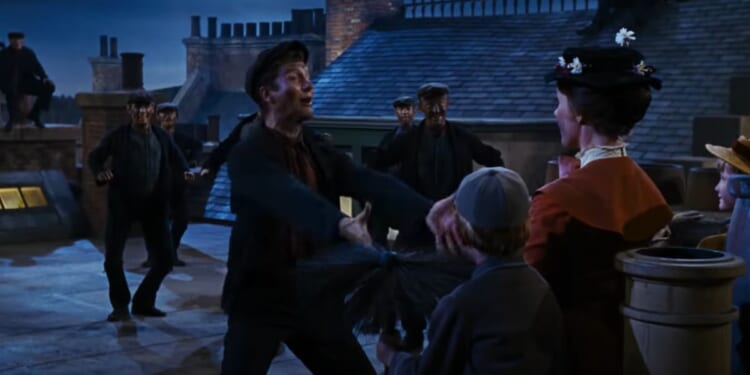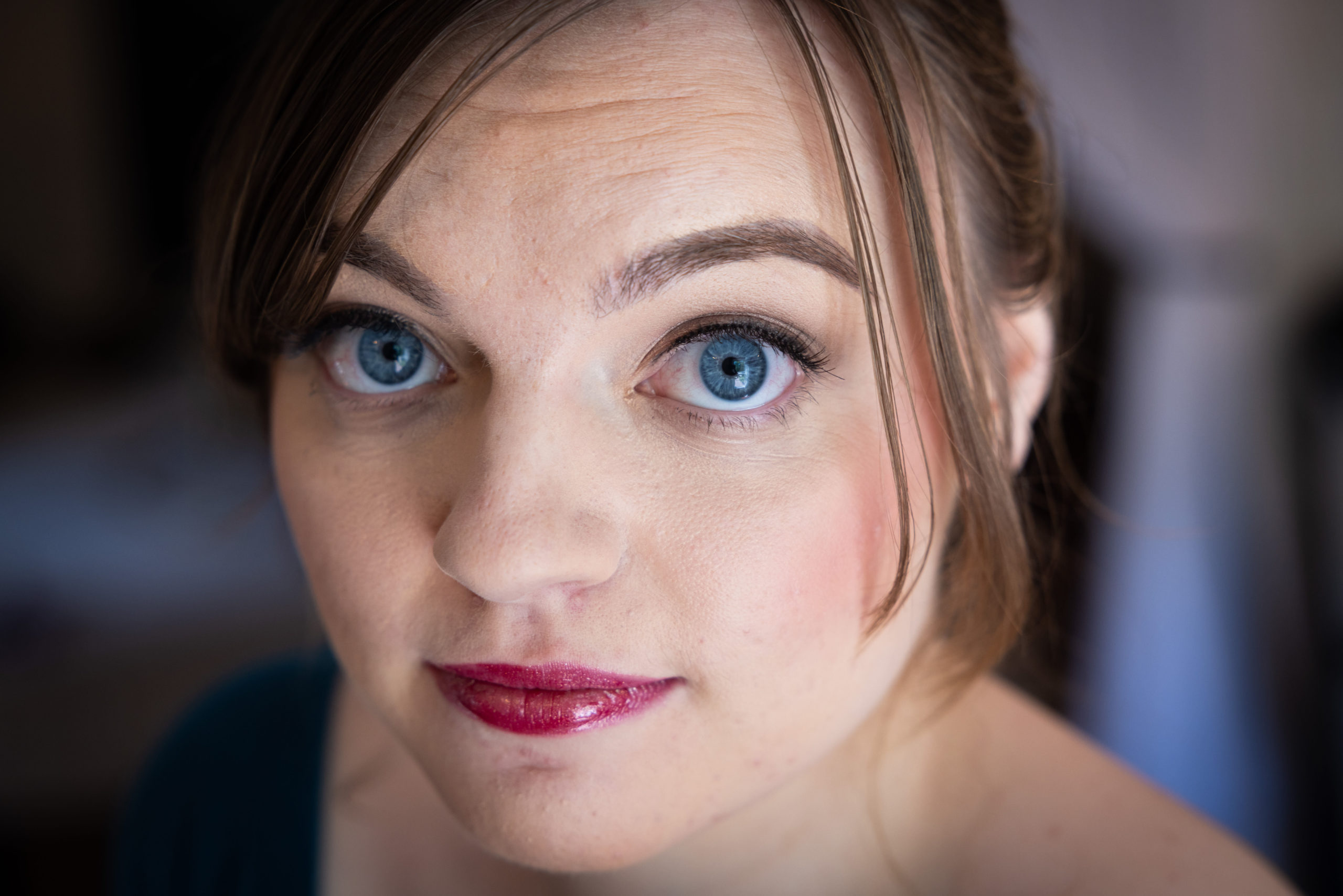As if the pearl-clutching of our hypocritical elites wasn’t absurd enough with the Walt Disney Co. releasing “viewer discretion” warnings for depictions of smoking while promoting gay marriage in its recent releases, Disney’s 1964 classic Mary Poppins is now under fire for an equally absurd reason.
As reported in the entertainment news publication Variety, the United Kingdom has decided to raise the rating for “Mary Poppins” from U (suitable for all ages) to PG because of the use of an antiquated racial term.
“While Mary Poppins has a historical context, the use of discriminatory language is not condemned, and ultimately exceeds our guidelines for acceptable language at U,” a representative of the British Board of Film Classification told The Independent. “We therefore classified the film PG for discriminatory language.”
Now, what is this racial term, and what makes it so offensive that little kids should not be allowed to hear it?
It’s “hottentots.”
What? you might say. What does that even mean?
According to Variety, the word originated as a slur for a nomadic South African tribe called the Khoekhoe, first used by Dutch settlers in apparent imitation of their language, before becoming a general term for black people.
In the context of the film, the word is used twice, specifically by the character Admiral Bloom (played by Reginald Owens) in reference to the soot-stained faces of the London chimney sweeps.
How many of you even knew that was a racially insensitive term before the BBFC decided to point it out?
Is “hottentots” offensive language?
How many of you even remember hearing “hottentots” in the movie?
For many of those who watched and enjoyed the movie in their childhood, the word sailed over their heads, and most adults would probably greet you with a blank stare if you asked them what racially charged word was featured in the film.
Considering the historical context, is “hottentot” a kind word, or a word we should encourage people to use? Perhaps not.
However, the word is so antiquated it couldn’t possibly be offensive to the majority of ordinary filmgoers.
It certainly doesn’t justify reclassifying the film for an older age demographic.
Instead, the BBFC’s actions regarding this obscure and antiquated word just reflect the progressivism pervasive in today’s culture.
No one outside progressive echo chambers would find the passing use of that word in a movie from the 1960s the least bit offensive.
But our culture has become so hyper-aware of “microaggressions” or possible racial slights that everything has to be scrutinized under the microscope of anti-racism, and if falls out of line in the most innocuous way, it still must be condemned.
Sadly, the revisionism and reclassification of past works won’t end here.
So long as a past film fails to rigidly adhere to the capricious standards of progressivism, the progressives will leap on it, signaling their superior virtue by condemning and labeling a film “offensive” that never offended anyone.
And that’s the real injustice on display here.


